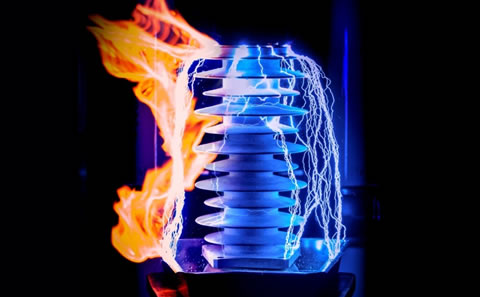
sasas
asasas

asasas
The ORCHID project, a major research project involving the University of Southampton, took top prize in the data and connectivity category at the Collaborate to Innovate Awards this week. Organised by The Engineer â the UKâs longest running engineering publication â the awards were aimed at identifying some of the UKâs most impressive and innovative examples of engineering collaboration.
The ORCHID project tackled one of the key challenges in modern computer science â how humans and intelligent software systems can function together in a seamless and effective manner. The overall aim was to make sense of the volume, variety and constant stream of data that is available today from a myriad of resources such as phones, computers and sensors.
The £10m funded project (£5m from EPSRC with the rest from matched support from project partners) directly trained and employed 50 researchers and PhD students from the universities of Southampton, Oxford and Nottingham, together with industrial partners at BAE Systems, Secure Meters UK Ltd, Rescue Global and the Australian Centre of Field Robotics.
The project spawned 30 follow-on projects worth £15 million. It also established a new multi-disciplinary research community and initiated a range of start-up companies. For example, the researchers developed a device that provides users with a thermal analysis of their house to reduce their energy consumption. This technology was used in the aftermath of the Nepal earthquake to save lives. ORCHID researchers mapped priority areas for water filters around Kathmandu as requested by Rescue Global. By using crowdsourced data, they were able to map settlements across the affected areas and identify aid and search and rescue priorities.
ORCHID co-investigator Dr Sarvapali Ramchurn, from Southamptonâs Agents Research Group â the largest research group of its kind in the world â said: âThis award is a great recognition of how great collaboration leads to great research outcomes. ORCHID brought together researchers from different disciplines to tackle really difficult challenges. I think the main reason this collaboration was so successful is because researchers learnt to trust each otherâs methods and capabilities and we were all highly motivated to have an impact both in terms of producing high quality research terms and solving key real-world challenges.â?
Dr Ramchurn and the ORCHID team will receive the award as part of The Engineerâs Collaborate to Innovate Conference, which will be held in Manchester in November.
Researchers from the University of Southampton are to develop software that can monitor the equipment, fuel and energy performance of a ship at sea.
The University is part of the Ship Energy Assessment â Condition Optimisation & Routing Enhancement System (SEA-CORES) consortium, which provides a live model of ship performance on global operations. The development of the software is led by BAE Systems and is sponsored by Innovate UK.
SEA-CORES is able to correlate variables that could affect a shipâs performance, such as energy consumption and different weather conditions. Using genetic algorithms to track and capture the live data, SEA-CORES provides those on board with a greater understanding of the vesselâs capabilities across a wide range of operations.
Researchers from Electronics and Computer Science at the University of Southampton will work on monitoring loads on the ship and applying novel machine learning techniques to a domain that has largely been data poor.
Dr Sarvapali Ramchurn, who is leading the Southampton research group, said: âUnleashing such technologies on the marine sector is likely to have a huge impact. The work we are doing at Southampton in terms of autonomous systems and machine learning will help improve the efficiency of ships and detect potential issues before they cause major damage.â?
BAE Systems is developing and testing SEA-CORES on a commercial tanker provided by James Fisher Marine Services. The trial will analyse the vibration and trim performance of the vessel, its hull state and monitor the integrity of the shipâs superstructure.
Chris Courtaux, Head of Engineering and Energy Services at BAE Systems, said: âSEA-CORES is able to consider all of the important components which affect the performance of a vessel during deployment.
âFor instance, reducing speed may save fuel but increase the wear to the engine if below its optimum performance. This could in turn increase the maintenance requirements for these vessels and reduce their availability. It is crucial that we continue to analyse what more can be done to maintain these vessels in an efficient manner and increase the number of ships available for the Royal Navy fleet.â?
The software connects technologies in delivering fuel and engine optimisation through the use of the BAE Systemsâ Ship Energy Assessment System (SEAS), together with big data analysis by using System Information Exploitation (SIE) technology.
SEA-CORES has been developed in response to the increasing complexities of modern warships and the amount of data their systems produce. The technology could transform how the Royal Navy and BAE Systems maintain and support warships in the future by using the genetic algorithms to identify the relationships between a shipâs systems, calculate their different permutations and ultimately recommend a strategy to optimise the vesselâs performance.

The University of Southampton is one of the best places in the world to study electronics and electrical engineering, computer science and IT. As an undergraduate student, you will be taught by researchers at the forefront of their disciplines, tackling some of today’s biggest challenges.
Find a course